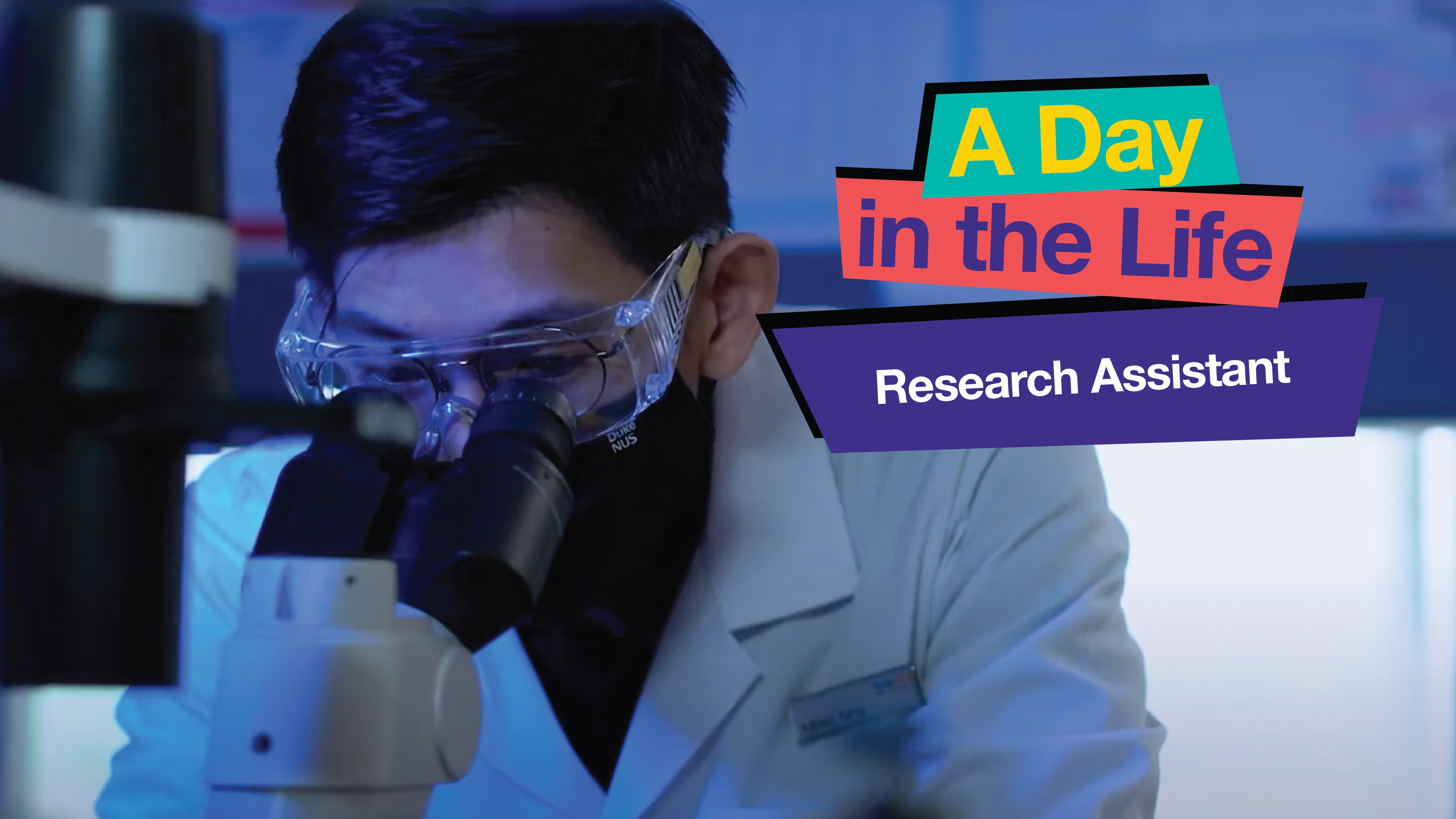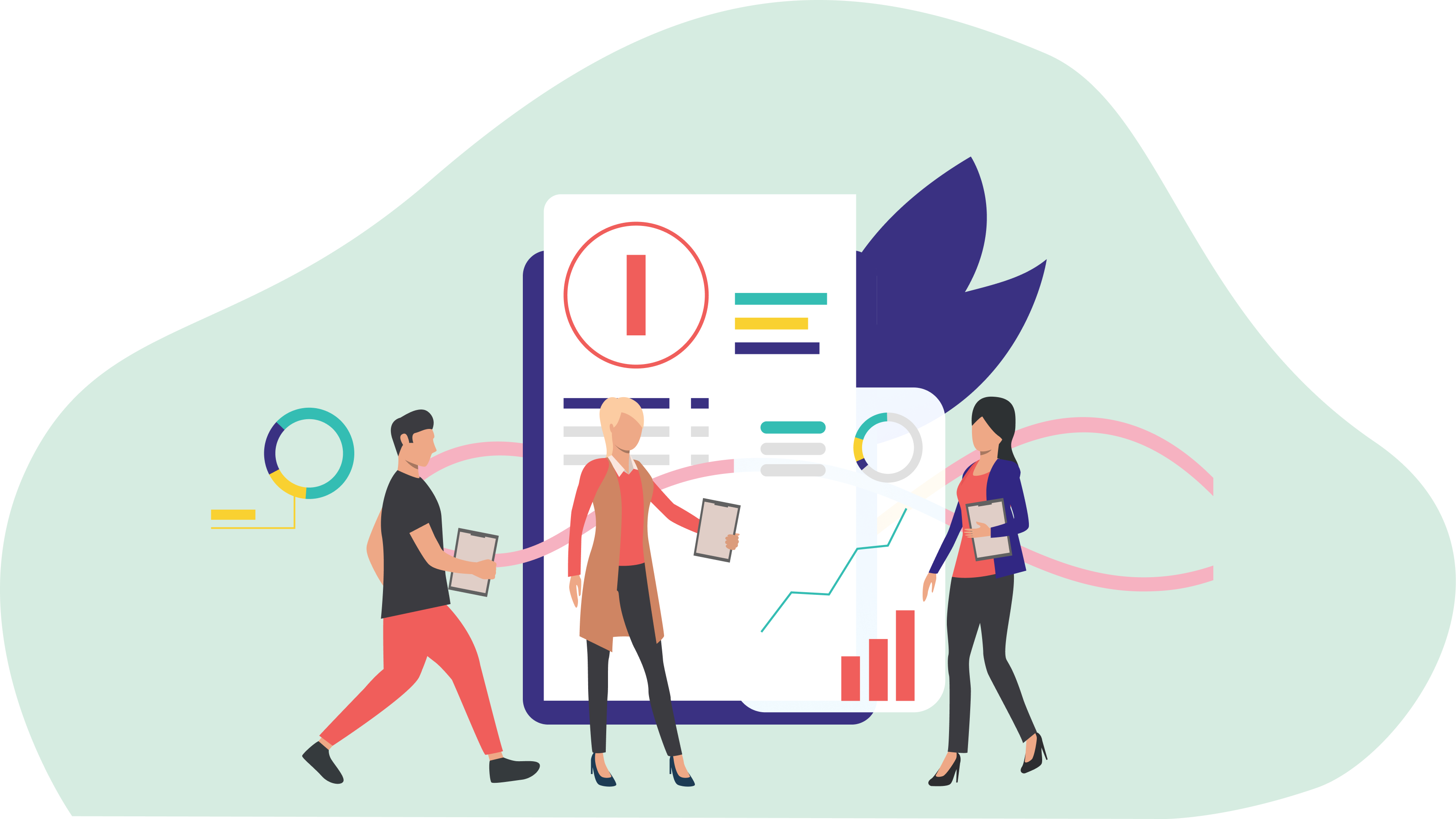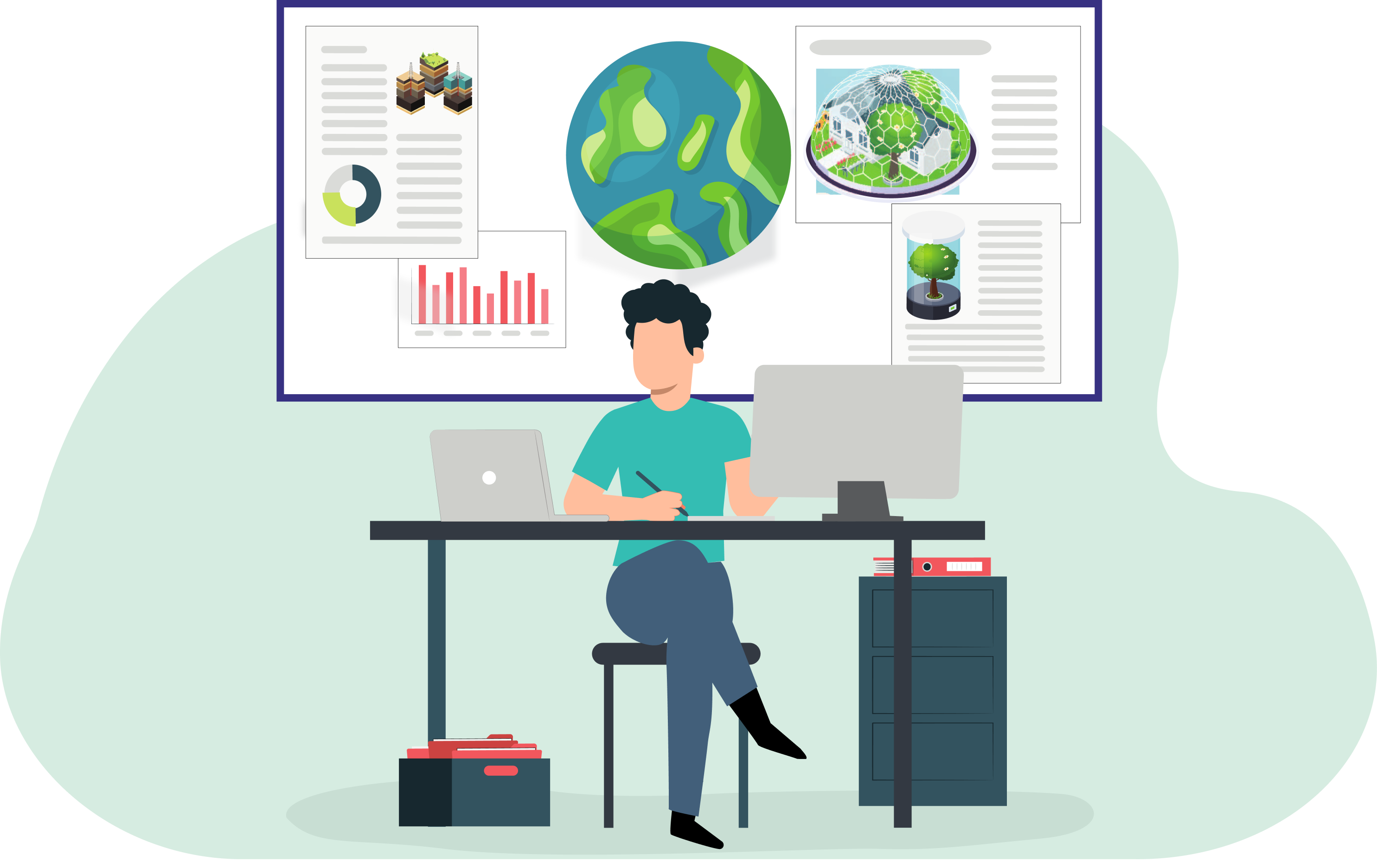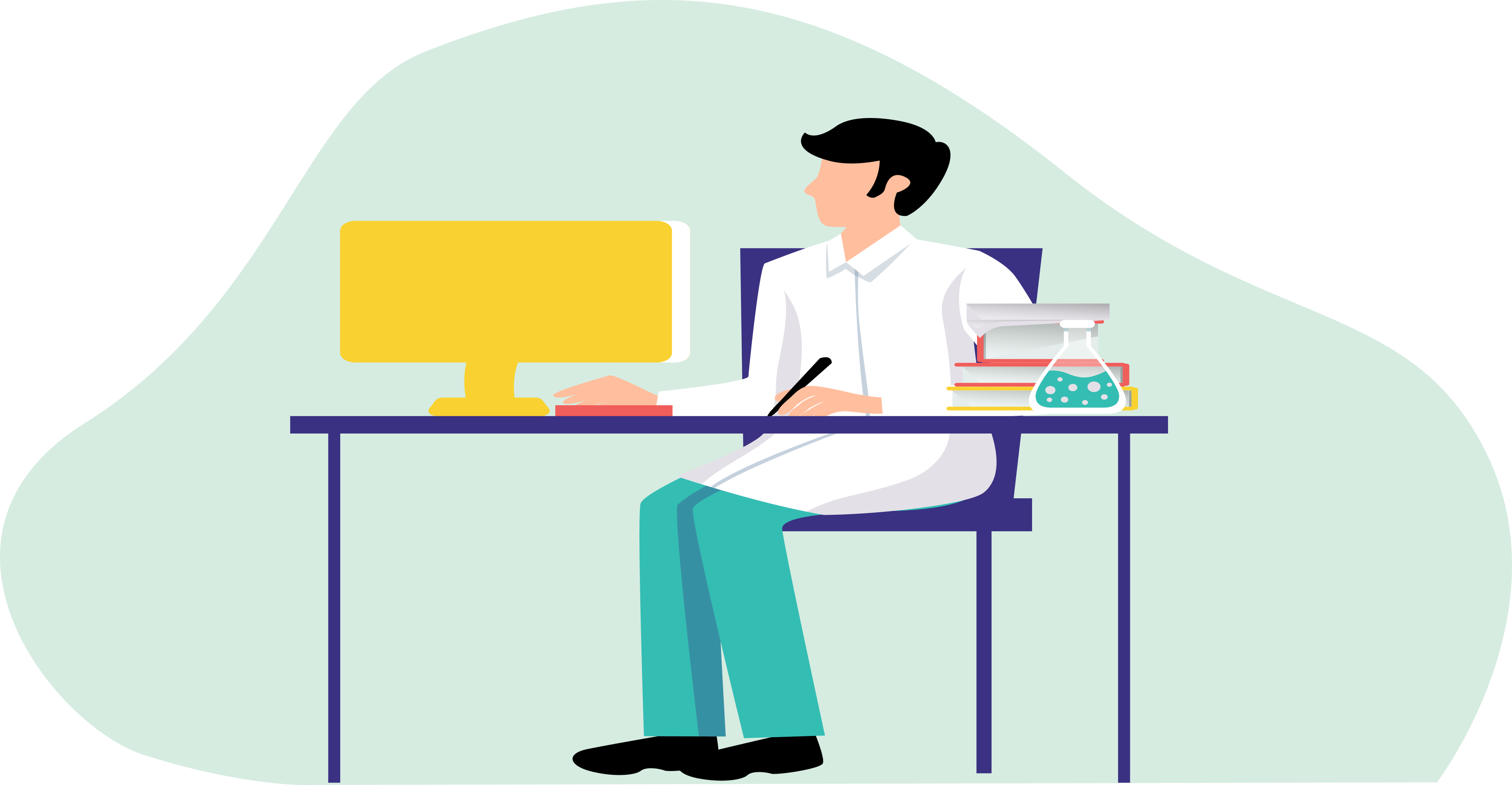
Research Assistants in Life Science studies conduct experiments and study live organisms. They can go into research or join companies such as Pharmaceutical firms.
Research Assistant (Life Sciences) Job Description
- Collect and prepare specimens and samples for use in experiments.
- Monitor experiments to ensure proper laboratory quality control and health and safety guidelines.
- Review and report test results using proper scientific methods.
- Set up, adjust, operate, and maintain laboratory instruments and equipment.
- Perform admin duties such as updating laboratory safety documents.
Note
Did you know fresh graduates might find it hard to get a job as a Research Assistant? Keep applying and try not to be picky with job roles as they can provide useful experiences!
What you should know about Research Assistant (Life Sciences) jobs in Singapore
Nature of Work
Exposure to blood or Biohazard materials/Chemicals is usually expected since you are in the Science field.Key Advice
Stay curious, cultivate attention to detail, and embrace collaboration to thrive as a Research Assistant in Life Science.-
Entry RequirementsEntry Requirements
- Minimally a diploma or a bachelor's degree or equivalent in Life Sciences is required.
- Other fields of study include areas in Health, Medicine or Agriculture. Some examples are Biology, Botany, Ecology, Natural Sciences and Zoology.
-
Possible PathwayPossible Pathway
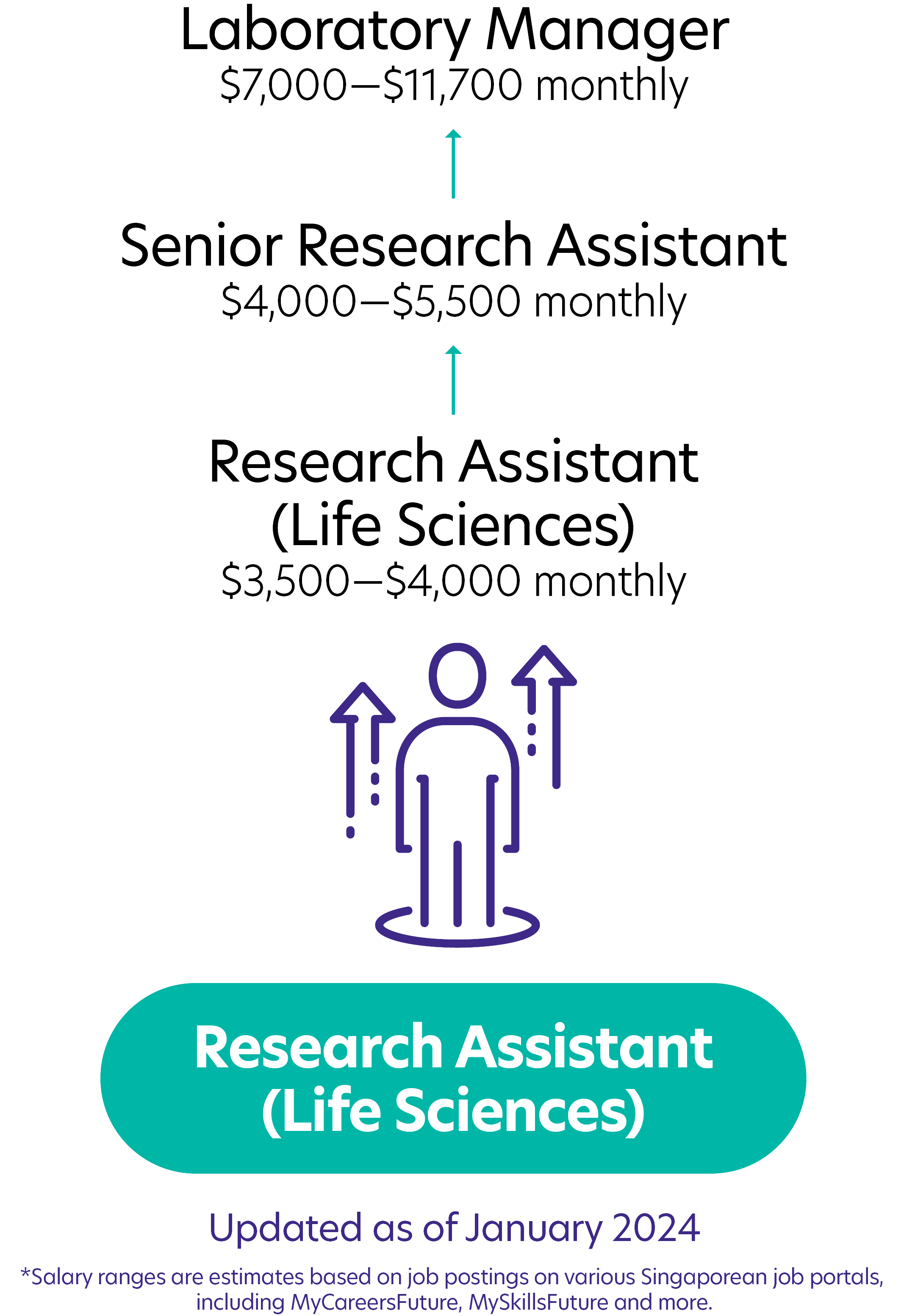
Skills you need to pursue a Research Assistant (Life Sciences) career in Singapore
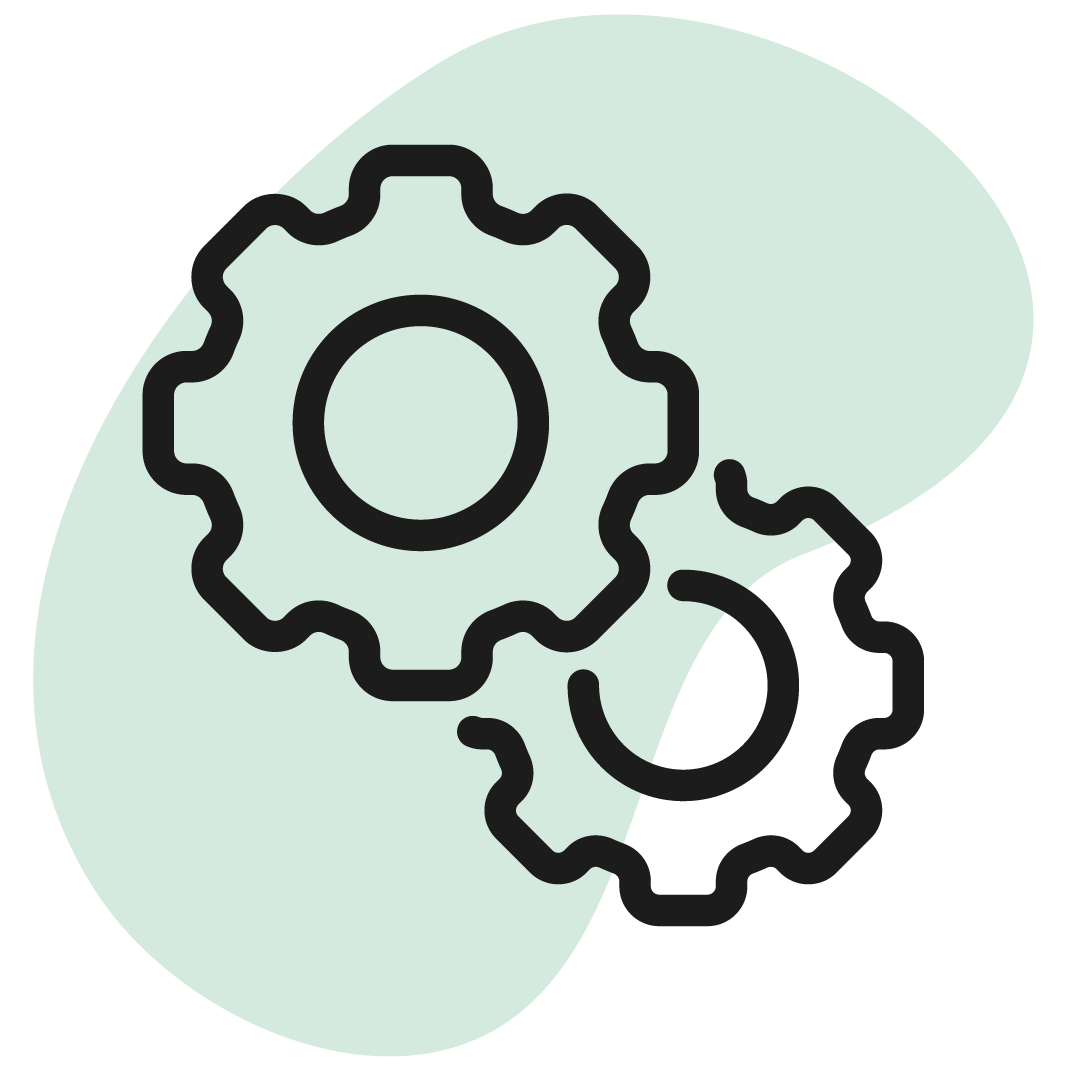 Hard Skills
Hard Skills
Laboratory Management
Organising, maintaining, and overseeing laboratory operations and protocols efficiently.Scientific Study
Conducting systematic investigations and experiments to acquire scientific knowledge and understanding.Equipment Setup
Assembling, calibrating, and preparing laboratory equipment for various research processes and experiments.Problem-Solving
Identifying issues, analysing information, and developing effective solutions in a timely manner.Integrity
Adhering to ethical principles and maintaining honesty and consistency in actions and decisions.Attention to Detail
Accurately and thoroughly conducting experiments, recording data, and analysing results.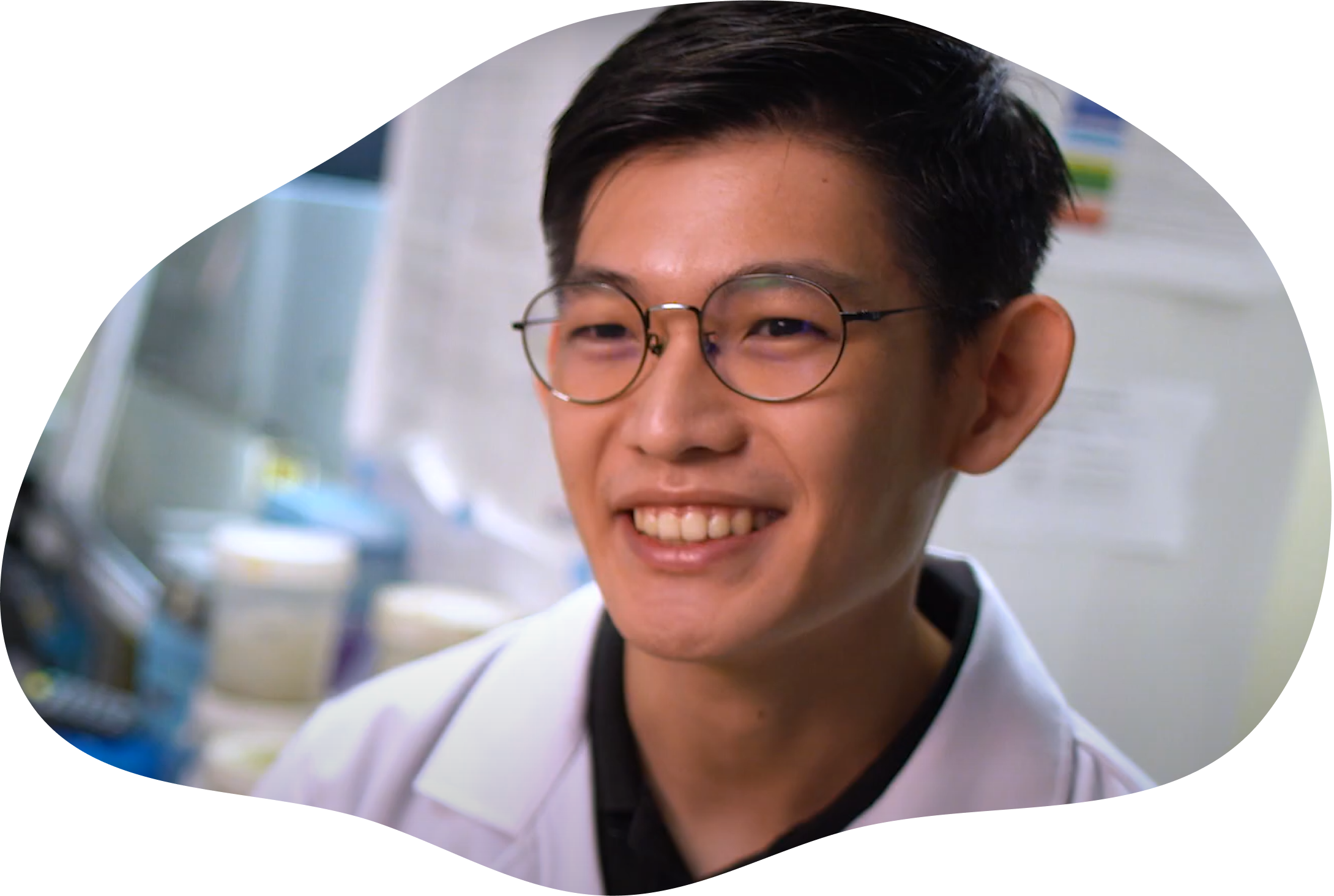
“Just remember that failure is the stepping stone to success, learn from it and improve from there.”
Adrian, Research Assistant
Related Job Roles
Explore Other Programmes
Browse AllYou have bookmarked your first item!
Find it in My Discoveries with insights on your interests!

